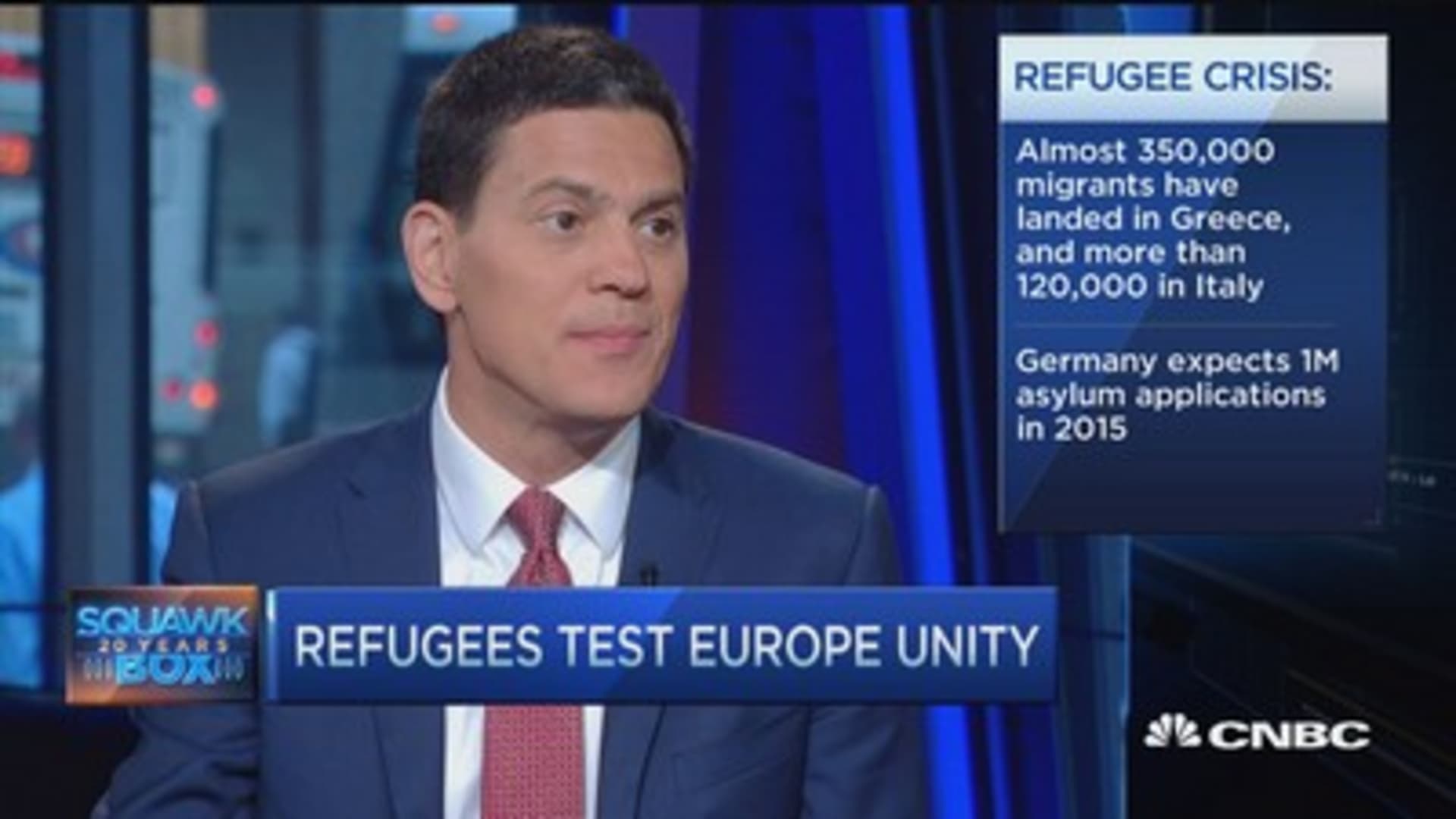The global refugee crisis has emerged as one of the most pressing humanitarian challenges of our time. Millions of individuals and families find themselves displaced, seeking safety and a better life. Amid this grim reality, the teachings of the Bahá’í Faith provide profound insights and actionable guidance on how to respond with compassion and effectiveness. Drawing from its core principles, this article examines the Bahá’í approach to alleviating the plight of refugees, focusing on compassion in action as a fundamental tenet.
Compassion is often perceived merely as an emotional response to human suffering; however, within the framework of Bahá’í teachings, it transcends sentimentality to embody a call to action. Compassion compels individuals to recognize the interconnectedness of humanity, urging a response that is not only empathetic but also practical and transformative. To effectively address this contemporary crisis, it is essential to delve into three fundamental aspects of the Bahá’í perspective: the origin of compassion, the manifestations of compassion in action, and the collective responsibility toward refugees.
The Origin of Compassion: From the Bahá’í viewpoint, compassion is a divine attribute. It represents the love and mercy of God incarnated within human hearts. Bahá’u’lláh, the founder of the Bahá’í Faith, articulated that creating a just and unified world requires the manifestation of divine virtues. Thus, compassion is not an isolated feeling but a catalyst for societal change. Recognizing that every individual is part of a greater whole is pivotal in fostering a compassionate response to the refugee crisis. This understanding compels adherents to see refugees not as mere statistics or exiles, but as integral parts of humanity, deserving dignity and respect.
To cultivate this sense of unity and empathy, Bahá’ís engage in various activities that promote awareness and understanding of the challenges faced by displaced individuals. Educational efforts, community discussions, and interfaith initiatives can serve to illuminate the complexities surrounding forced migration. By nurturing a culture of empathy, Bahá’ís support the idea that every act of humanitarian aid, however small, contributes to a more compassionate society.
Manifestations of Compassion in Action: The Bahá’í response to the refugee crisis is characterized by proactive involvement and selfless service. Compassion manifests through diverse initiatives aimed at alleviating the hardships of refugees. For instance, Bahá’í communities worldwide have mobilized resources to provide essential services such as food, shelter, education, and healthcare to those affected by displacement. These efforts demonstrate a practical application of the principle of compassion, showcasing that it is not simply an abstract concept, but one that can be embodied through tangible actions.
Furthermore, Bahá’í teachings emphasize the importance of advocacy and policy engagement. Compassion transcends individual acts of kindness; it also demands systemic change. Advocating for fair policies that support refugees and push back against xenophobia aligns with the Bahá’í commitment to justice and equality. Engaging with governmental and non-governmental organizations helps ensure that refugees’ voices are heard, and their rights protected. By actively pursuing legislative reform and humanitarian collaborations, Bahá’ís exemplify how compassion can leverage social transformation.
In addition to material support and advocacy, the Bahá’í approach to compassion also encompasses the psychological and spiritual well-being of refugees. Many displaced individuals endure not only physical hardships but also profound emotional trauma. Bahá’í teachings encourage the cultivation of spaces that foster healing through community support. Initiatives that offer psychological counseling, cultural integration programs, and spiritual gatherings serve to reinstate a sense of belonging and community among refugees, reminding them that their dignity remains intact.
Collective Responsibility and Spiritual Principles: The Bahá’í Faith instills a principle of collective responsibility toward the welfare of all, especially those in vulnerable positions. This obligation is accentuated in the context of a global crisis, as the actions of one community can significantly impact the larger world. Bahá’ís around the globe are encouraged to embrace this collective ethos, nurturing solidarity not only within their communities but also across national and cultural boundaries. The teachings advocate for a global perspective, urging individuals to recognize that the refugee crisis is not confined to any singular nation, but is a shared human dilemma requiring unified efforts.
Empowered by the conviction of oneness, Bahá’ís are compelled to reach out across differences—to sponsor refugees, participate in local resettlement initiatives, or partner with organizations serving displaced populations. Such actions resonate deeply with the idea that service to humanity is ultimately service to God. This paradigm fosters a profound sense of purpose that transforms compassion into a driving force for change, inspiring others to partake in collective efforts toward alleviating human suffering.
In conclusion, the Bahá’í teachings illuminate a compelling framework for understanding and responding to the global refugee crisis. By embodying compassion in action, Bahá’ís advocate for a world where empathy leads to meaningful engagement, support, and systemic reform. Compassionate responses can reshape narratives, uplift spirits, and reconnect the fragmented essence of humanity. In confronting the refugee crisis, Bahá’ís not only respond with heartfelt compassion but also cultivate a society that recognizes the sanctity of all human life, fostering a brighter future for all. The challenge remains daunting; however, the Bahá’í response exemplifies that in unity, fostering compassion is not merely a desirable ideal but an attainable reality.
